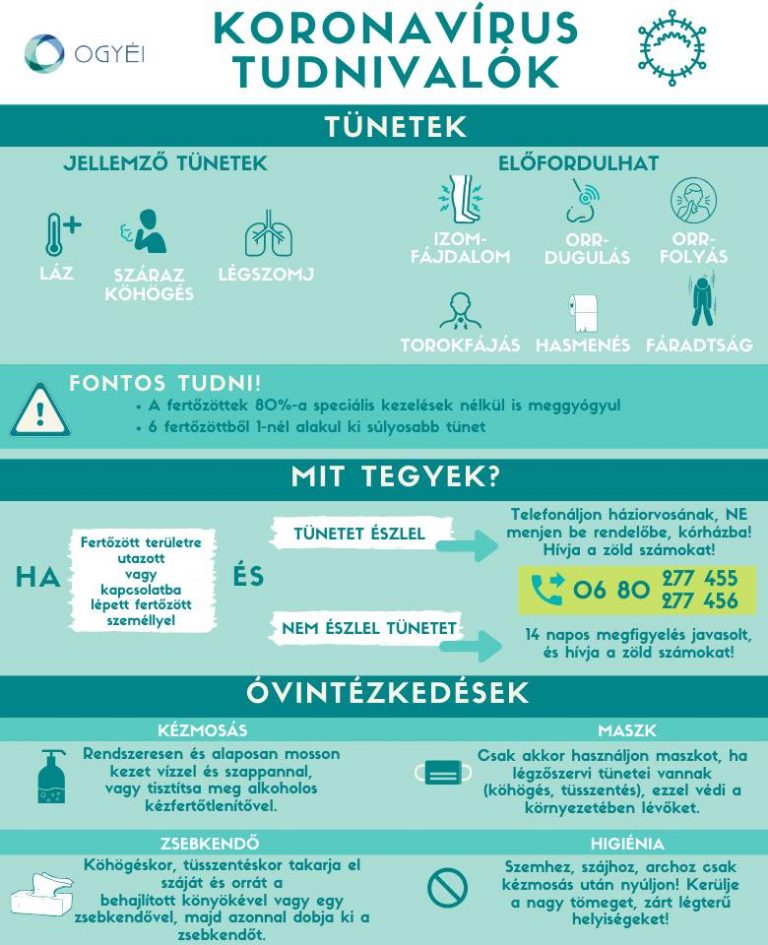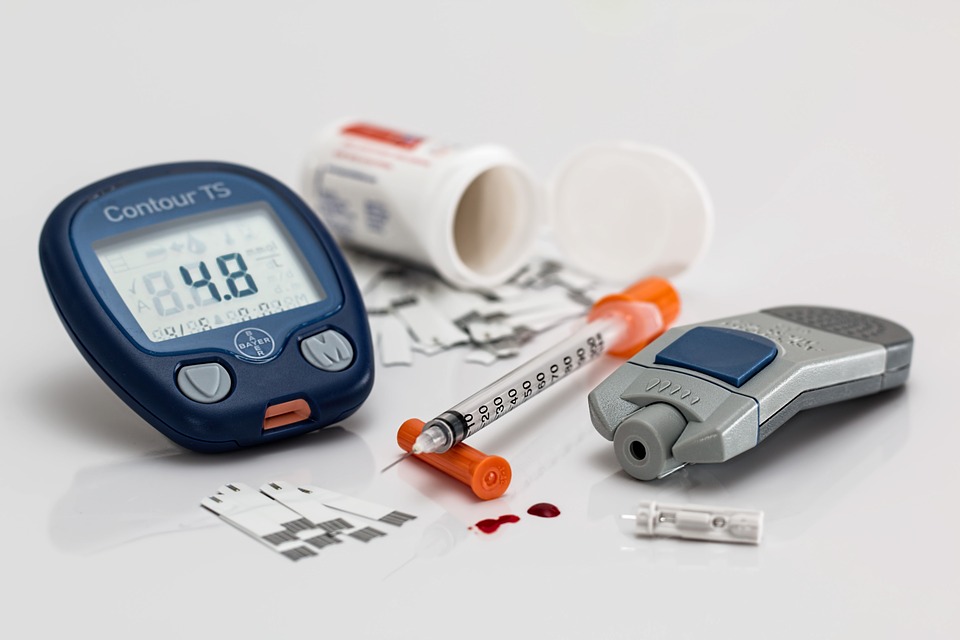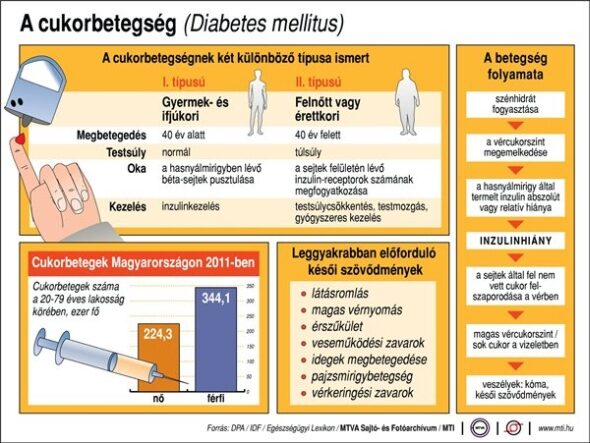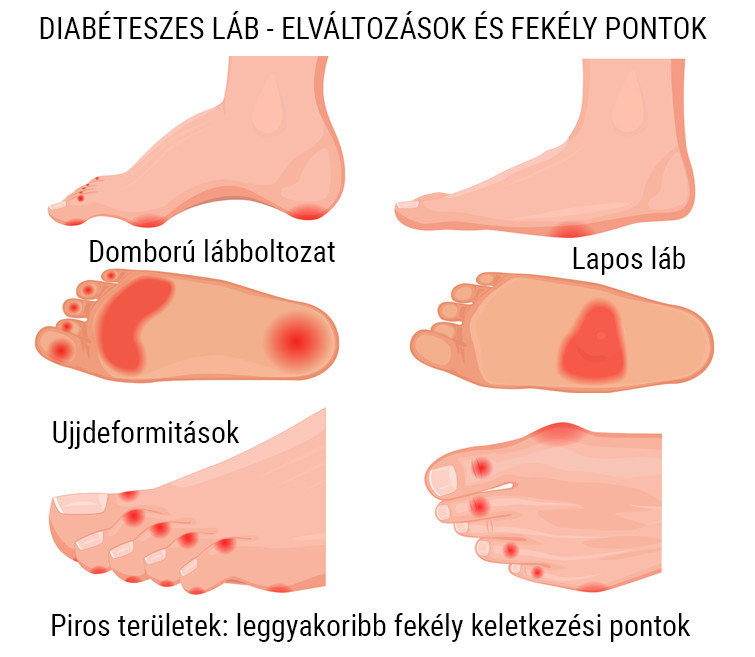Diabetes types. Study uncovers why COVID is more deadly fo | EurekAlert!
Tartalom
Johns Hopkins Medicine Summary: People with pre-diabetes who lose diabetes types 10 percent of their body weight within six months of diagnosis dramatically reduce their risk of developing type 2 diabetes over the next three years, according to new research.
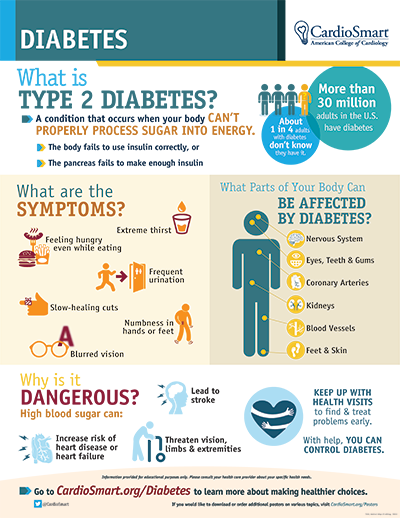
Share: FULL STORY People with pre-diabetes who lose roughly 10 percent of their body weight within six months of diagnosis dramatically reduce their risk of developing type 2 diabetes over the next three years, according to results of research led by Johns Hopkins scientists.
Substantial weight loss in the short term clearly should go a long way toward preventing diabetes.

Uncontrolled diabetes -- marked by excess sugar in the blood -- can lead to eye, kidney and nerve damage, as well as cardiovascular disease. The new research suggests that if people with pre-diabetes don't lose enough weight in those first months, physicians may want to consider more aggressive treatment, such as adding a medication to push blood sugar levels lower.
A report on the research is published online today in the Journal of General Internal Medicine.
Treatment and Management of Type 2 Diabetes
Maruthur and her colleagues based their conclusions on analysis of data from the Diabetes Prevention Program DPPthe largest diabetes prevention study in the United States. Overweight, hyperglycemic people were recruited between and and followed for an diabetes types of 3.
More than 3, participants at 27 academic medical centers were assigned at random either to receive an intense lifestyle intervention, doses of the diabetes drug metformin designed to reduce blood glucose sugar levels, or a placebo. Maruthur and her colleagues searched the study information for links among short-term weight loss, reduction of blood glucose diabetes types and impact on the longer-term risk of developing diabetes.
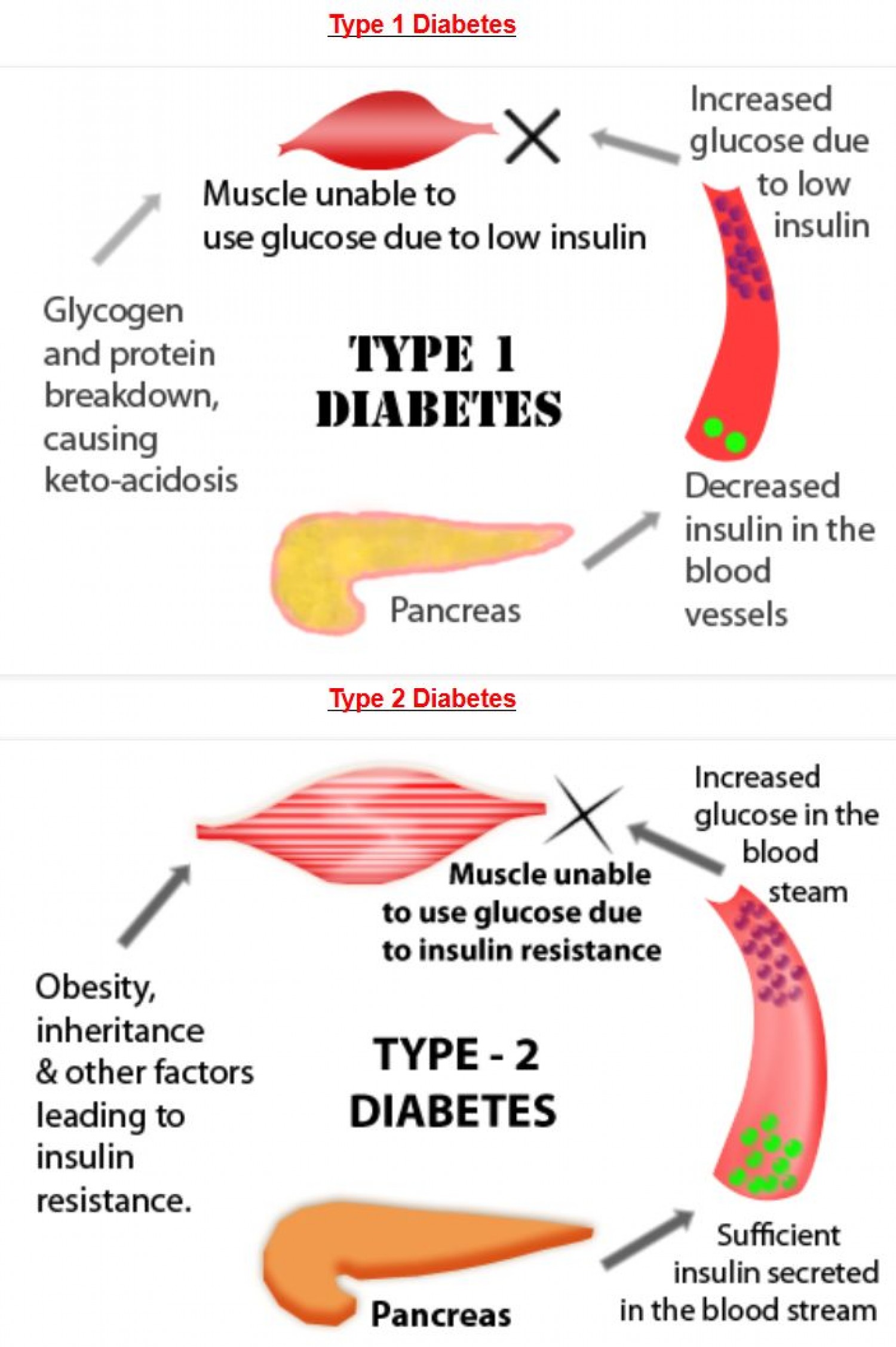
Although not all people with pre-diabetes develop full-blown type 2 disease, without intervention the risk of getting it within 10 years is substantially increased and damage to health may already have begun. The good news, Maruthur says, is that studies like hers show that the progression from pre-diabetes to type 2 diabetes is not inevitable and lifestyle changes can bring blood sugar levels back to normal.
Participants in the lifestyle arm of the DPP were advised about better eating habits, directed to exercise minutes a week, and given one-on-one counseling for the first six months and group counseling thereafter.

Researchers found that those in the lifestyle intervention arm who lost 10 percent or more of their body weight had an 85 percent reduction in risk of developing diabetes within three years. Even more moderate weight loss showed positive effects. Those who lost 5 to 7 percent of their body weight reduced their risk of developing diabetes by 54 percent three years later.
DOI: Euglycemic diabetic ketoacidosis eu-DKA is a rare life-threatening complication associated with the use of SGLT2 inhibitor that may be unnoticed, particularly in a pandemic setting, due to the absence of significant hyperglycemia, delaying its treatment. In this report, we describe a case of a year-old patient who presented an elevated anion gap metabolic acidosis during a Diabetes types infection and was diagnosed with SGLT2-associated euglycemic diabetic ketoacidosis. COVID may increase patients' insulin demand, present gastrointestinal symptoms, and increase the production of ketone bodies. This situation can be worsened in susceptible diabetic patients on SLGT2 inhibitors, due to the persistent glycosuria, which can cause volume depletion.
Those who were given metformin, a drug that prevents the liver from producing too much glucose, did not lose significant amounts of weight on average. But those whose blood sugar levels were significantly lowered in six months of taking the medication saw their future risk of developing diabetes fall as well. The lowest risk, Maruthur says, occurred in patients who lost weight and also lowered the amount of glucose in their blood, as measured by a blood test taken after fasting.
Study uncovers why COVID-19 is more deadly for some people with diabetes than others
When blood tests diabetes types pre-diabetes, doctors like Maruthur often discuss with their patients the changes they can make to hopefully stave off type 2 diabetes. The new research suggests just how valuable -- and potentially cost-effective -- such interventions could be, she says.
It found that type 2 diabetes is associated with a higher risk of mortality in hospitalised COVID patients than type 1 diabetes.
Other Johns Hopkins researchers involved in the study include Frederick L. Brancati, M. Clark, M. Note: Content may be edited for style and length. Journal Reference: Nisa M. Maruthur, Yong Ma, Linda M. Delahanty, Julie A. Nelson, Vanita Aroda, Neil H.
White, David Marrero, Frederick L. Brancati, Jeanne M.



